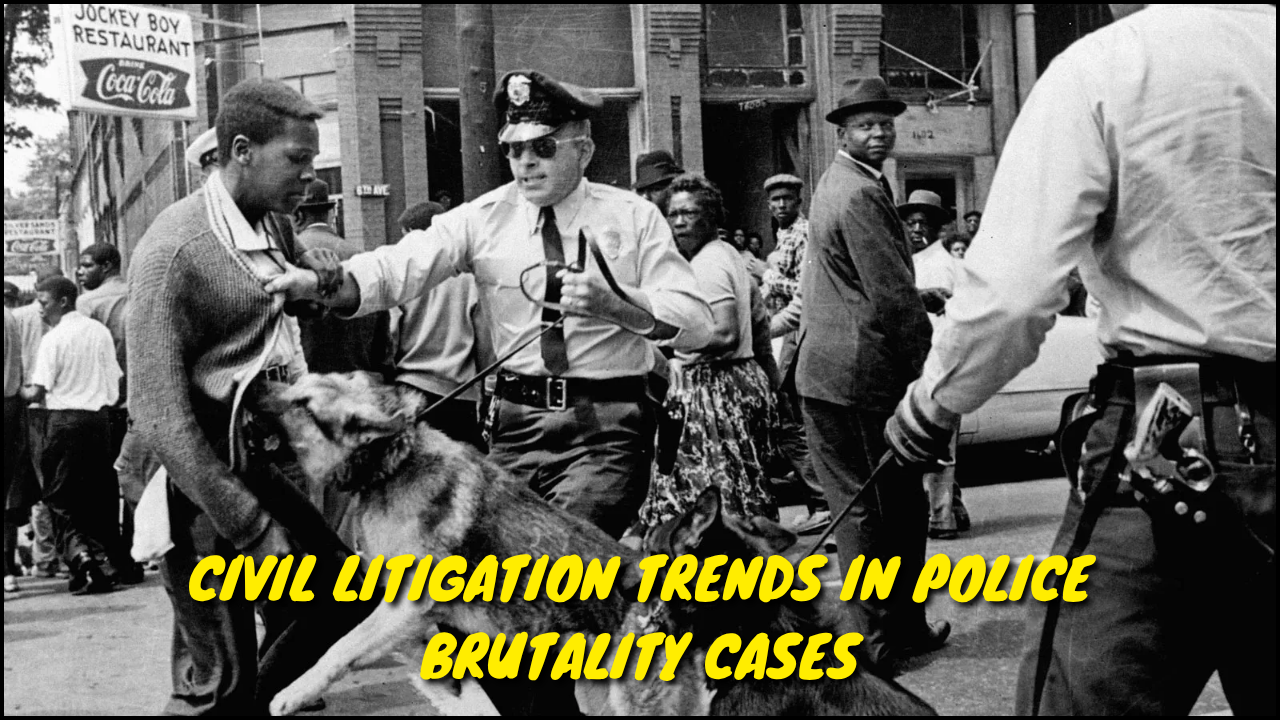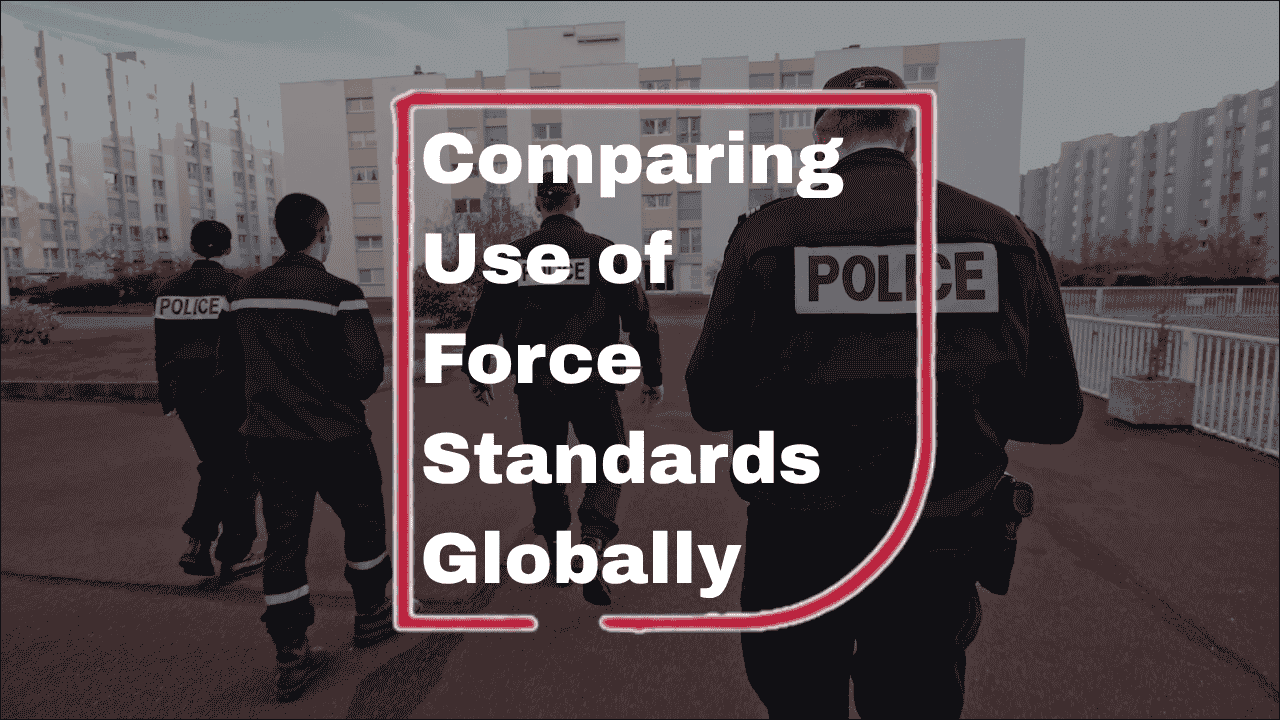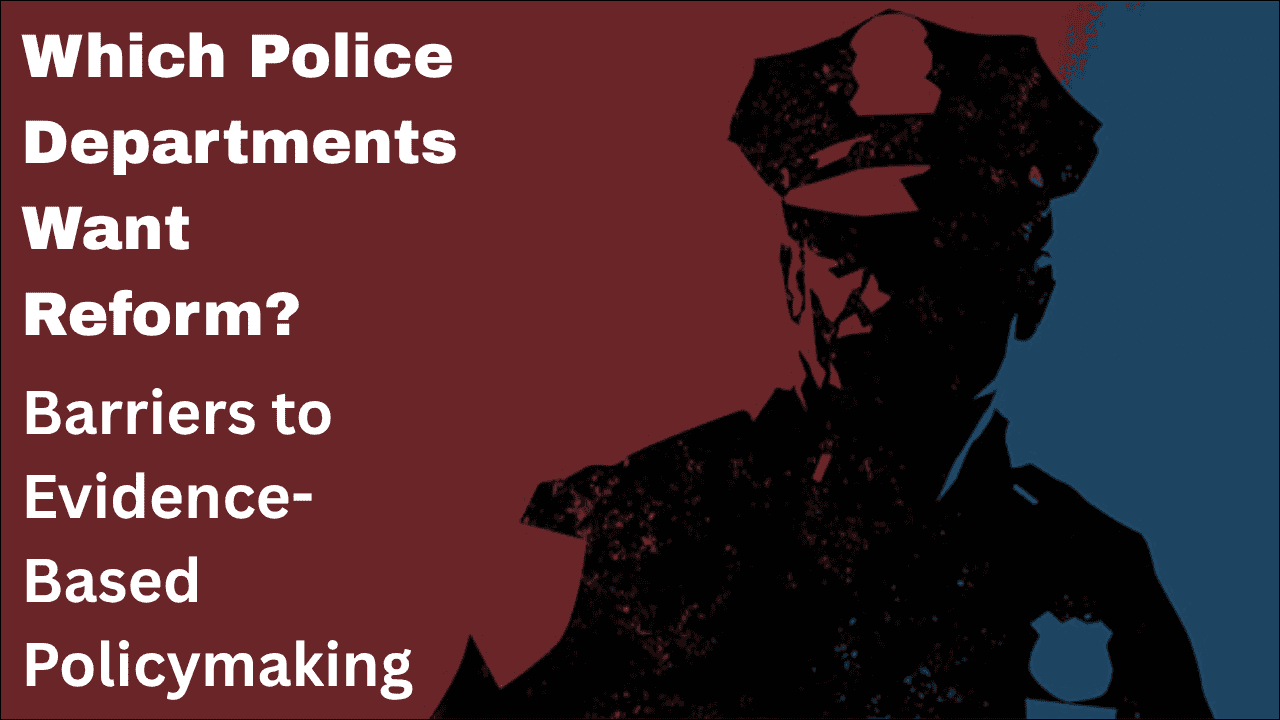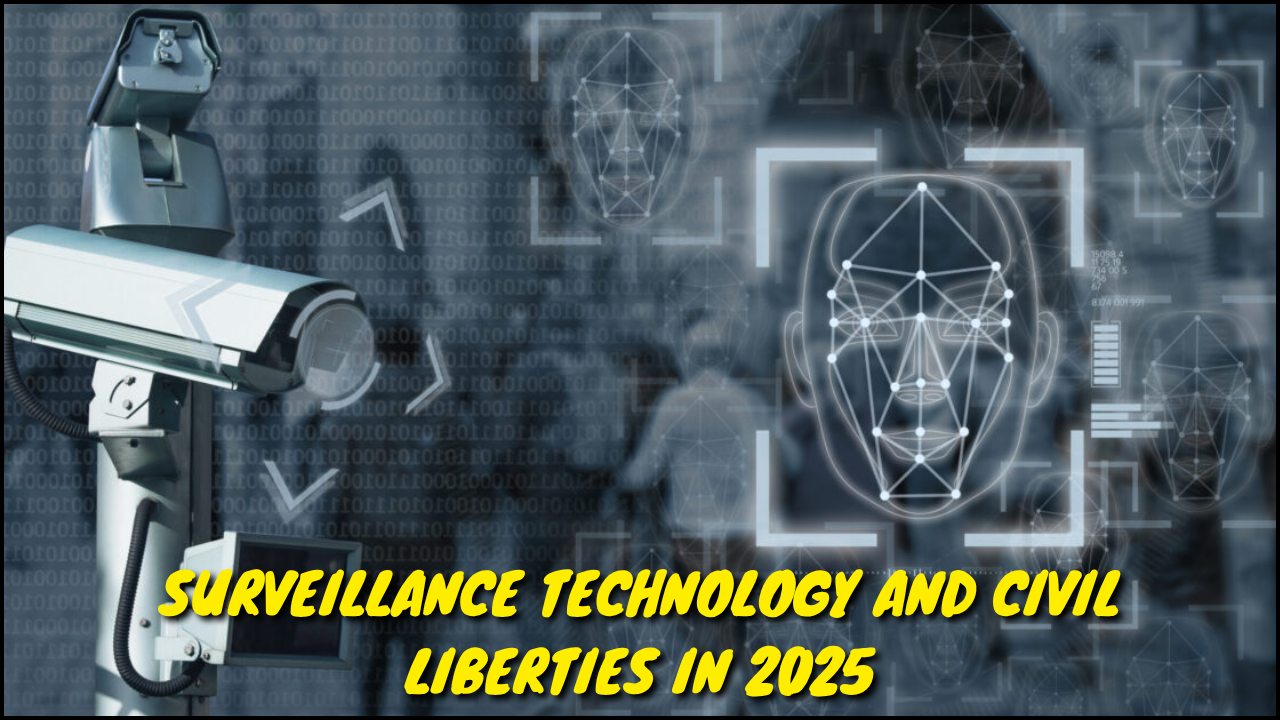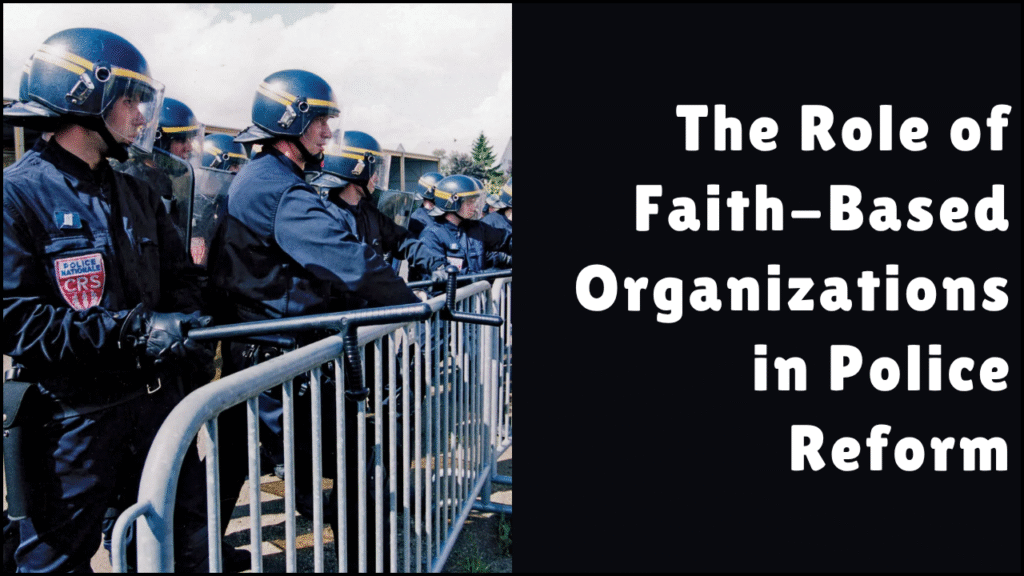
Faith-based organizations have increasingly become important contributors to community-level change, including police reform efforts. Their moral authority, deep-rooted community presence, and commitment to social justice make them natural allies in promoting accountability, fairness, and reconciliation between law enforcement and the public. This article explores the unique ways religious organizations have engaged in police reform, highlighting their programs, collaborations, and the challenges they face in advocating for change.
Table of Contents
Key Contributions of Faith-Based Organizations
- Mediation and Conflict Resolution
- Churches and mosques often act as neutral spaces for dialogue between police and citizens.
- Religious leaders mediate in high-tension situations to prevent escalation.
- Faith leaders organize town halls and community listening sessions.
- Advocacy for Just Policies
- Clergy members speak out on systemic racism and police brutality.
- Faith-based groups submit policy recommendations to lawmakers and city councils.
- Many support legislative changes such as body cameras, de-escalation training, and civilian review boards.
- Healing and Reconciliation
- Spiritual services offer comfort to families affected by police violence.
- Prayer vigils and memorials are organized for victims of police shootings.
- Faith communities provide long-term emotional support through counseling.
- Community Engagement and Training
- Churches host joint workshops with police on implicit bias and community policing.
- Interfaith coalitions educate their congregations about their rights and responsibilities.
- Youth mentoring programs include law enforcement officers to build mutual trust.
Notable Programs and Initiatives
| Program Name | Organizing Body | Focus Area | Impact Summary |
|---|---|---|---|
| Clergy for Police Accountability | Interfaith Coalition | Legislative reform, public accountability | Helped pass police oversight legislation |
| Faith in Action Campaign | National Faith-Based Network | Community organizing and policy advocacy | Mobilized 1,000+ congregations for reform |
| Healing the Healers Project | Local Churches and Chaplaincy Organizations | Trauma recovery and emotional healing | Trained pastors in grief and crisis care |
| PEACE Strategy (Police & Clergy Effort) | City-Level Faith-Based Partnership | Training and education for both communities | Reduced complaints in high-crime districts |
| Justice Sundays | Baptist and AME Church Networks | Awareness campaigns through sermons | Raised national consciousness on police bias |
Strengths of Faith-Based Involvement
- Moral Authority
- Religious leaders are often trusted more than public officials.
- Sermons and religious teachings reinforce ethical behavior and community values.
- Community Infrastructure
- Churches, temples, and mosques serve as gathering spaces and communication hubs.
- Religious centers provide a safe, consistent platform for engagement.
- Volunteerism and Resources
- Congregants contribute time, money, and professional skills.
- Faith organizations often have access to nonprofit funding and grants.
- Diverse Interfaith Coalitions
- Interdenominational alliances create broad, united fronts.
- Collaboration reduces racial and ethnic divides in reform movements.
Challenges and Limitations
| Challenge | Explanation |
|---|---|
| Balancing Religious Neutrality | Some congregations avoid political engagement, fearing division within their members. |
| Risk of Politicization | Involvement in reform can lead to accusations of bias or political alignment. |
| Limited Capacity | Smaller congregations may lack funds, staff, or training to engage in complex reform efforts. |
| Resistance from Law Enforcement | Some police departments remain skeptical of external influence from religious institutions. |
| Navigating Interfaith Tensions | Differences in theology and practice may create friction in joint reform initiatives. |
Case Studies and Local Examples
- Baltimore Interfaith Coalition: After the Freddie Gray incident, faith groups organized listening circles between community members and police. Results included a city-wide commitment to transparency and the appointment of civilian police liaisons.
- South Los Angeles Churches United for Justice: Churches facilitated peace walks with police participation in gang-affected neighborhoods. These efforts contributed to a noticeable decrease in police-community confrontations.
- Chicago’s Pastor-Police Partnership: Pastors began riding along with patrol officers to observe and build empathy. The initiative improved police understanding of community dynamics and led to a joint training curriculum.
Policy Recommendations from Faith-Based Organizations
| Recommendation | Purpose |
|---|---|
| Mandatory de-escalation training | Reduce the use of force during encounters |
| Independent civilian oversight boards | Ensure police accountability and transparency |
| Regular community-police dialogues | Build trust and mutual understanding |
| Data transparency on police conduct | Promote informed community oversight |
| Diversification of police force | Reflect the racial and cultural makeup of local communities |
Ways Forward
- Deepen Community-Police Partnerships
- Continue inviting clergy to join civilian advisory panels.
- Expand shared training programs that include both faith leaders and officers.
- Invest in Capacity Building
- Offer grants and training to smaller faith communities.
- Build networks to share best practices across cities and regions.
- Foster Youth Engagement
- Create faith-based internship programs with police departments.
- Use religious education platforms to teach civic responsibility.
- Support Trauma-Informed Policing
- Train officers in spiritual sensitivity when responding to religious or cultural crises.
- Include chaplains in rapid-response teams for high-tension incidents.
Final Analysis
Faith-based organizations bring compassion, credibility, and community wisdom to the complex task of police reform. Their longstanding presence within marginalized communities positions them to advocate for justice while fostering peace and reconciliation. Continued collaboration between religious institutions and law enforcement agencies can help bridge divides, restore trust, and lead to safer, more equitable policing practices across the nation.


